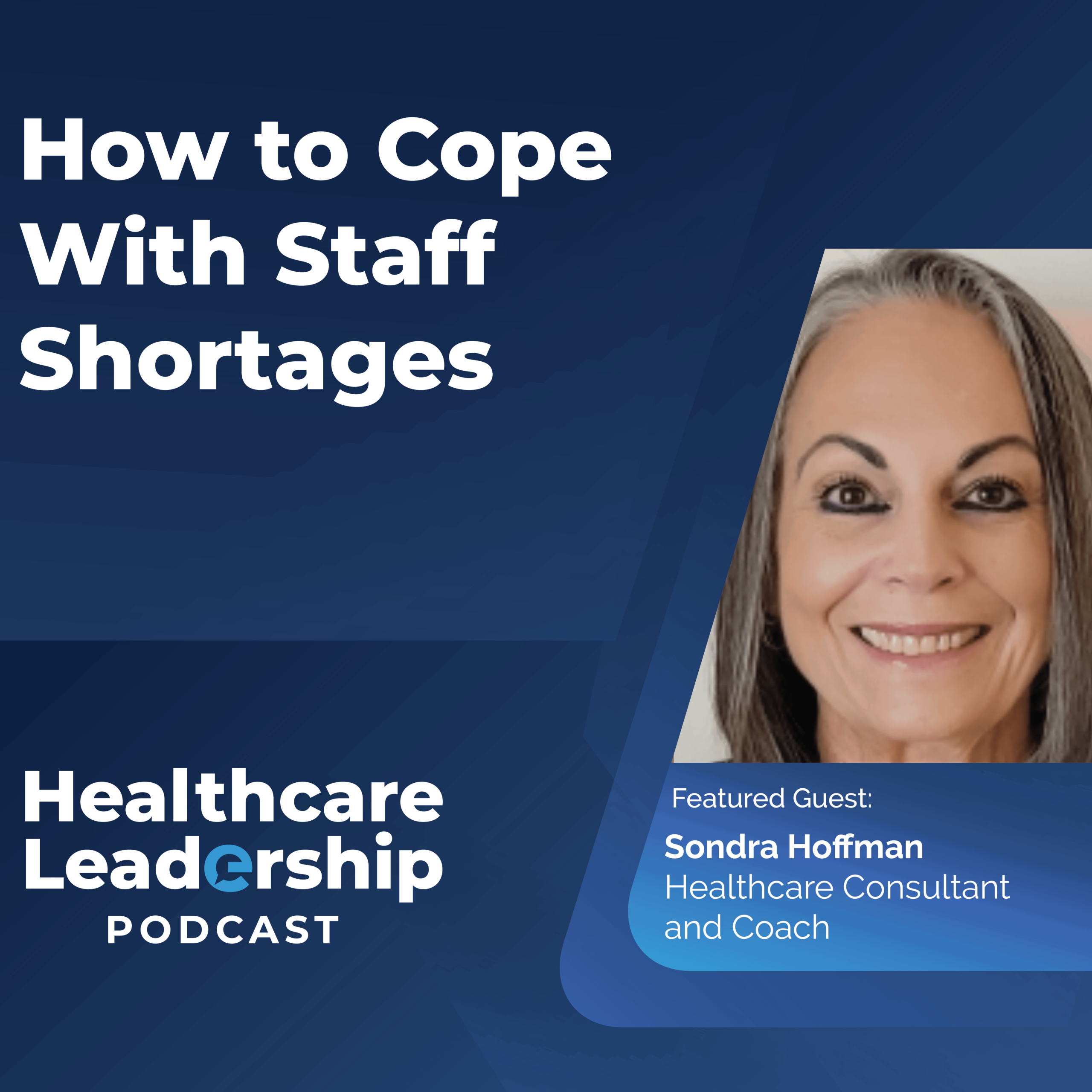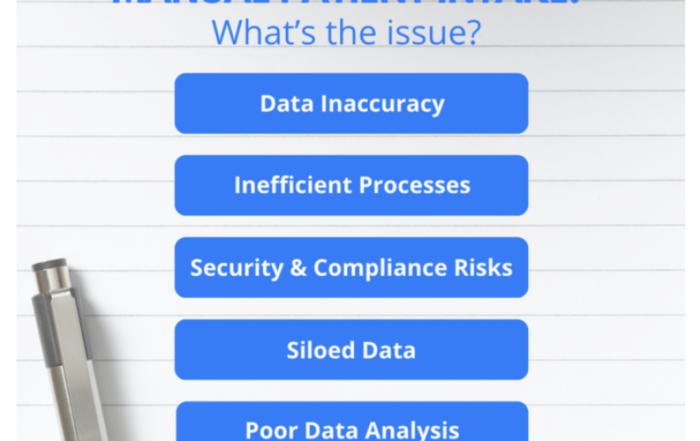Intellectual Property and Healthcare in 2020
The current healthcare field is undergoing significant changes at the turn of the decade. Many of these are based on recent technological advances and reflect an increasing trend towards personalized medicine. Genetic engineering, big data, and healthcare-adjacent technology are all key cornerstones of the next decade of healthcare developments, and all rely heavily on new and novel inventions.
Given the amount of research directly affecting the healthcare sector, intellectual property (IP) law becomes a significant player on the scene. Patenting is a huge aspect of biotech and medical research, increasing the incentives for innovation and production. Still, other IP areas are also crucial in the business model of most healthcare-related businesses. Here, we discuss how healthcare is intertwined with healthcare and how that relationship will evolve in the coming years.
Types of IP Law
To understand the relationship between IP law and healthcare, it is important to understand what kinds of intellectual property can be protected and why.
Intellectual property refers to “intangible rights protecting the products of human intelligence and creation,” according to TheFreeDictionary’s legal section. Essentially, the intangible property requires a different and more complex set of rules regarding theft and ownership since these lines
are often much more indistinct and harder to prove than with physical property.
When physical possessions get stolen, the victim experiences a loss of property or wealth, and the thief profits. But inventions and creative work can lose value simply via infringement. If the victim of intellectual property theft possesses rights to a song or a patent for an invention, they do not have to lose that song or experience damages. Instead, simply the presence of a copycat, or a competitor on the market, can drive down the value of the original creator’s work and lead to loss of profits.
There are four main categories of IP law in the U.S.: trademarks, trade secrets, copyrights, and patents. Below, we look at how each of these is involved in the current healthcare industry.
Trademarks and Healthcare
Trademarks cover protected logos, business or product names, slogans, jingles, and other elements of a brand that make it identifiable.
In the modern age, especially since the advent of the internet, brand identifiability has become more important. E-commerce has led to a vast array of choices no longer limited by geographic proximity, and more choices lead to more competition in terms of each product. Oftentimes, the only thing setting highly similar products and services apart is the brand name and association.
This means that retaining sole ownership of a company name can be crucial. Companies in significantly different fields that cannot reasonably be confused can simultaneously exist under trademark law (i.e., Apple Records and Apple Computers). Still, identical names or logos in similar industries could be liable for infringement.
In healthcare, trademarks apply in much the same way as they do in other sectors. Brands rely on their reputation of high quality, service, and experience to convince consumers to choose them over competitors. When hospitals or labs choose sanitation equipment to buy, medical tools to stock, or a new drug to use, the seller’s reputation is key. These purchases and contracts are often on the scale of tens of thousands to millions of dollars, and only highly trusted brands will be able to secure them.
Trade Secrets and Copyrights
Trade secrets and copyrights are less prevalent in the healthcare industry due to their intrinsic functionality.
Copyrights exist to protect original creative work, including art, music, literature, and the like. This type of artistic, intellectual property is not very common or important in the healthcare sector, aside from certain therapy applications. Relaxing music may be purchased or licensed for use in clinics or as part of mental wellness apps and software. However, copyright generally does not make as much of an impact in healthcare IP discussions.
Trade secrets are a bit more common than copyrights, although often tougher to enforce. A trade secret is a piece of confidential information, whether that be a manufacturing process, supplier list, or anything else that benefits a business by remaining a secret. Companies must enact their own confidentiality agreements and make it apparent that a secret should remain to have a shot at litigating against trade secret misappropriation.
A common example of this is drug screening procedures, which can be made up of many different steps. Rather than patenting that procedure and remaining vulnerable to others adapting or changing parts of it to evade infringement, a trade secret may be more beneficial if good results are shown, but the process should not be revealed.

Photo by on Pexels
Healthcare Patents
Patents are vital to the healthcare industry and for fostering healthcare research. Without the patenting system, innovation would undoubtedly slow significantly.
Patents grant a temporary monopoly for an invention, letting the patent holder develop, produce, and sell the invention without competition for 20 years. This may seem like a long time, but given the rigorous and drawn-out approval and R&D processes for many drugs, biotech technologies, and other medical systems, a patent is often the only way to ensure profit for the inventor. Patent cost is also much higher than other IP law areas, given the potential benefit.
Without patents, other companies could easily profit from the inventor’s creation, significantly reducing their profits and eliminating the incentive to innovate. In this way, patenting contributes to a thriving research and invention landscape.
Patents can cover a final product but are also very commonly used for processes and manufacturing techniques on the path to that final product. Patents can also be licensed to other companies and manufacturers for royalty percentages that often earn patent holders millions of dollars. In the case of licensing for a humanitarian benefit, which occurs in the healthcare industry, these licensing fees are usually significantly reduced to enable use.
Design patents are another facet of intellectual property that applies to healthcare. Design patents protect the aesthetic and non-functional aspects of a product, like its texture or visual design. This can be important in hospitals and clinics since they are often places of stress for patients and families, and friendly design elements can contribute in small but significant ways to ease that stress.
As healthcare becomes more personalized and permeates daily life at the turn of the decade, healthcare-adjacent invention and patenting is a growing market. According to J.D. Houvener, a Philadelphia patent attorney, wearables and smart homes have much to do with this growing trend:
“Inventions like the fit bit of the last decade have foreshadowed a growing move towards personalized healthcare. Busy lives and increasing smart integration of phones, kitchen scales, fridges, smartwatches, and the like have led to increased personal health tracking using wearables and other devices. This market is new and ripe for patenting: apps that uniquely relay information, data aggregation and presentation, and smart home products themselves have all broken ground in the patenting world.”
In Conclusion
Evidently, intellectual property law plays a significant part in the healthcare industry. Although copyrights and trade secrets may be less applicable in most cases, trademarks and patents are important factors in a field that relies so much on research and invention. Couple that with the fact that global healthcare spending is expected to exceed $10 trillion by 2022, and it makes sense why inventors are keen to get into the market and protect their intellectual property.
For more on the business side of healthcare and healthcare technology, visit our blog!












